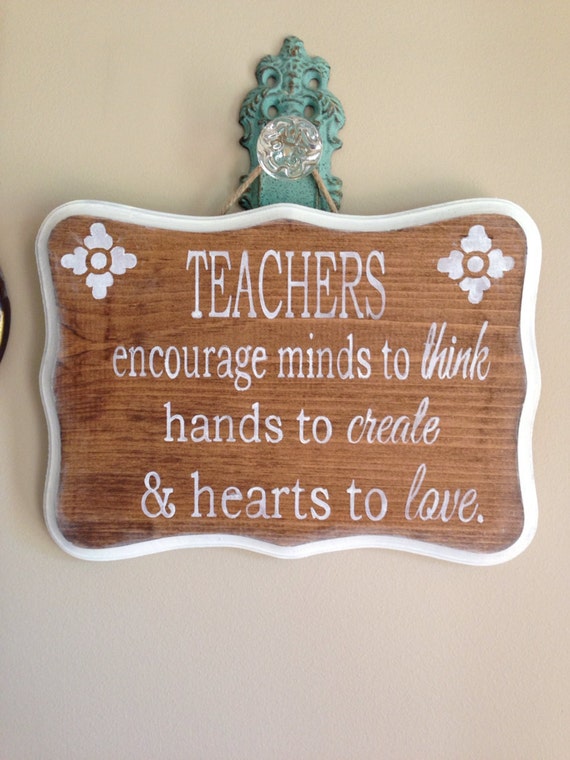I feel this quote fits in so many aspects of my life. From my classroom to my home life to my friends to strangers I don't even know. But most of all I feel it fits in my adventure into blogging.
I read an article called Blogging: Who Should, and Why. As I read the article, I used one the strategies that I teach my 3rd graders, when it comes to taking notes and that is to highlight important words and phrases that are important to you. I would like to share with you my findings. Blogs are for reflecting, finding your voice and receiving immediate feedback with a constant change of your audience.
When I was first asked to start a blog I was very nervous about it. I didn't feel confident to share my thoughts with the world. The first thing the article stated was "the courage to publish." That was me. I had to find the courage to put my thoughts out there in the world wide web for everyone and anyone to see. When you find the courage to write a blog, you find your voice. Finding your voice is done by reflecting, sharing ideas and receiving that immediate feed back from others. Maybe that is one of the reasons I was so nervous, I don't know what others are going to hear, what voice, through my writings. This unknown is scary to me. Through readings and my masters class, I am finding more and more out about how important it is to write your own reflections. This is true for our students as well. They need time through the day to reflect on their learning! A blog is great place to reflect and receive others feedback!
Happy blogging everyone!
I read an article called Blogging: Who Should, and Why. As I read the article, I used one the strategies that I teach my 3rd graders, when it comes to taking notes and that is to highlight important words and phrases that are important to you. I would like to share with you my findings. Blogs are for reflecting, finding your voice and receiving immediate feedback with a constant change of your audience.
When I was first asked to start a blog I was very nervous about it. I didn't feel confident to share my thoughts with the world. The first thing the article stated was "the courage to publish." That was me. I had to find the courage to put my thoughts out there in the world wide web for everyone and anyone to see. When you find the courage to write a blog, you find your voice. Finding your voice is done by reflecting, sharing ideas and receiving that immediate feed back from others. Maybe that is one of the reasons I was so nervous, I don't know what others are going to hear, what voice, through my writings. This unknown is scary to me. Through readings and my masters class, I am finding more and more out about how important it is to write your own reflections. This is true for our students as well. They need time through the day to reflect on their learning! A blog is great place to reflect and receive others feedback!
